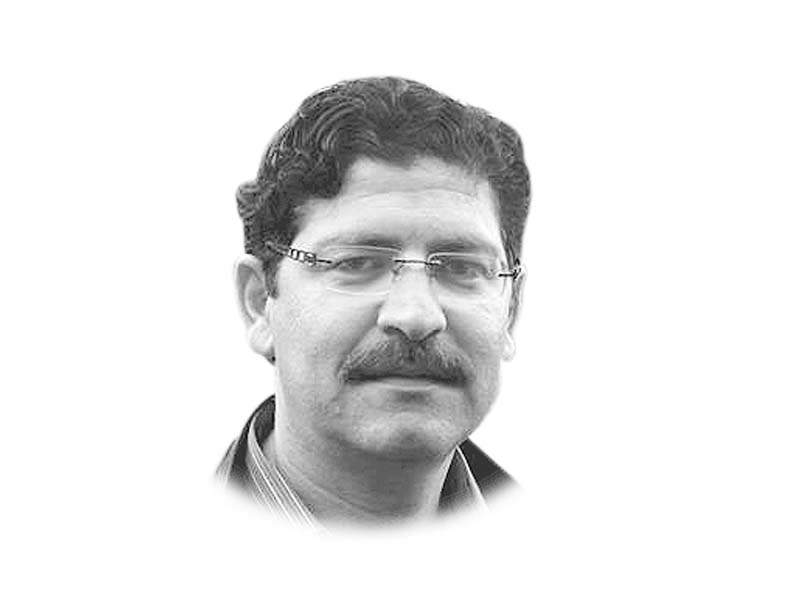
Understandably, such programmes cost money and there is always little financing available for such budget lines in both the public and private sectors. To go with the lack of budgets, effectiveness of one-time per year training sparklers also remains highly questionable. However, there are remedies to these problems; ones that are more effective, efficient and free of cost.
The professional development of teachers aims to extract the best out of them. During conventional teacher-training programmes, teaching techniques and experiences are shared that are expected to work more effectively than others. The same is true about the Teachers without Borders model — an innovation that focuses on expanded human and technological resources that goes beyond face to face interaction.
There is no point in sticking to old methods in the modern world. In many developed countries, models of educational reform emphasise the collaboration of teachers and the development of learning communities with the purpose of ensuring improved student learning through effective teaching. There are a number of informal online communities on social media, where existing and prospective teachers from across the globe collaborate and corroborate best practices in their classrooms. Hundreds of such communities exist on Twitter, for example, the breakfast club (#bfc530), #AussieEd, #SatChat, #SciChat, #MathChat and the #EdChat to name a few. A simple hashtag entry can help in accessing, collaborating, sharing experiences and learning from others. One of the greatest advantages of such professional networks is their 24-hour availability and the ease of participation at one’s own convenience. These communities help build relationships with teachers, professors, policymakers and other education experts around the globe in order to seek answers and guidance, share experiences and discuss what happens in classrooms.
Professional learning communities move beyond the generic professional development models employed for in-service teacher training and offer opportunities for teachers to share experiences, reflect on each other’s practices, and more importantly, provide an avenue for continuous engagement with peers in order to learn and grow. Unfortunately, the concept has not taken root in Pakistan, where many of our school teachers are not even aware of such communities, let alone benefiting from them. The teaching profession in Pakistan has become insular and autonomous. We teach what we understand rather than learning about what our students need. Innovations in teaching and learning are not really appreciated by school administrators and sooner or later, teachers resort to the same old methods of teaching despite the changing needs of the profession and the students. I believe that our teachers won’t become effective in delivering ‘quality’ education unless they break the shells, work more with people beyond their schools and cultures and learn to introduce best practices in their classrooms so that they progress rather than regress.
Rather than spending billions on existing professional development programmes that may not be serving teachers well, some resources can be diverted to help teachers participate in learning communities. The government should encourage the development of personal learning networks for teachers by advocating their benefits and conducting sessions to train them to use technology. Such sessions are vital, as although many of our teachers may understand the benefits of new methods of learning, they might feel handicapped in operating the technology for this purpose.
It is time that the teaching profession in Pakistan becomes a profession of learning. Professional learning is more than just about courses and workshops. It is about continuously learning and improving one’s craft. It is time that developing countries like ours adopt re-engineered professional development models for teachers, like online learning communities available on social media. This is one of the faster, effective and relatively more interactive solutions to the problems affecting quality of teaching in Pakistan.
Published in The Express Tribune, November 14th, 2015.
Like Opinion & Editorial on Facebook, follow @ETOpEd on Twitter to receive all updates on all our daily pieces.










1729685382-0/Untitled-design-(57)1729685382-0-270x192.webp)

COMMENTS
Comments are moderated and generally will be posted if they are on-topic and not abusive.
For more information, please see our Comments FAQ